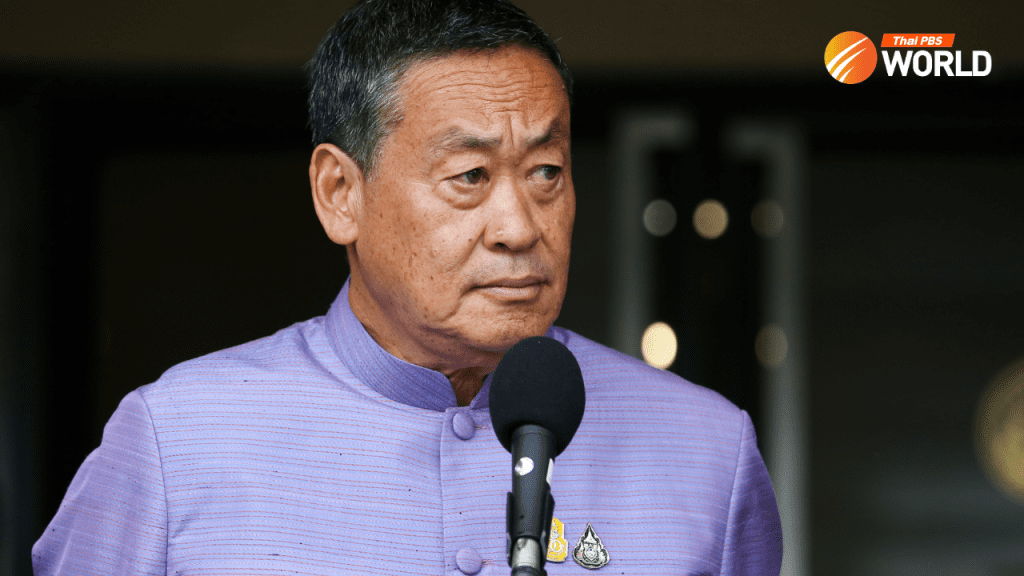It's clear that the prime minister's mood wasn't positive when asked about the government's main policy after a key Cabinet meeting.
Srettha Thavisin essentially said, "Didn't we agree there was nothing left to discuss?"
The truth is, there's still a lot to discuss, particularly because Srettha left a Cabinet session where the digital wallet was supposed to be intensely discussed, a critical moment for the conservatives who have largely avoided the issue.
Politically, this is problematic for clear reasons. Thailand's division stemmed from disagreement over whether Pheu Thai leaders were corrupt and deserved punishment, and whether the populist policies of Pheu Thai, formerly People's Power Party and Thai Rak Thai Party, harmed state financial disciplines and promoted corruption.
The digital wallet embodies the latter controversy and seems to reflect unhealthy populism. Some suspect it was created to benefit large corporations. Furthermore, there are concerns about corruption.
The Yingluck government's rice pledging scheme and the Srettha government's digital wallet share many similarities. Conservative politicians fiercely criticized the former but have been noticeably quiet about the latter.
Legally, the situation is even worse. For instance, the Constitution requires the Cabinet to inform Parliament upon swearing-in how it plans to fund state policies. The fact that the Srettha government only clarified the funding approach a few days ago could lead to trouble.
The Constitution's intention is to prevent irresponsible populist policies from being implemented without considering funding sources. It also aims to prevent unrealistic election promises that could sway voters.
The legality of the funding will likely remain controversial, especially when normal government funds and farmers' bank money are transformed in a way that restricts usage.
Additionally, the political party law, which complements the Constitution, requires campaigning parties to clearly demonstrate how they will fund their election commitments. This is meant to deter impractical or costly promises linked to high economic risks.
Another legal concern is related to the state-owned Bank for Agriculture and Agricultural Cooperatives. The government recently abandoned its 500 billion baht loan plan to avoid parliamentary issues and instead used an estimated 175 billion baht and 152.7 billion baht from the regular annual budget for fiscal years 2024 and 2025, respectively.
The remaining funds, totaling around 172.3 billion baht, are expected to come from the BAAC.
However, should a primary support system for needy farmers allocate a large portion of its resources to advance a political agenda that many disagree with? This question has both legal and political implications.
Government funds may face less intense scrutiny, but the use of taxpayers’ money for digital wallet development could still cause a big problem.
The Bank of Thailand has been a constant source of trouble for the government in regards to the digital wallet. A recent demand to significantly reduce the program will anger Pheu Thai and make it harder for the ruling party to control the bank without looking like they are seeking revenge.
The bank proposes that only economically vulnerable Thais should be included in the program, but the government has dismissed this, stating that all concerns were thoroughly addressed by the Cabinet.
Looking back, Move Forward is fortunate. If they had formed a government with Pheu Thai, they would have had to deal with the digital wallet issue constantly. Now, the largest political party can watch from the sidelines.
However, Move Forward has not fully capitalized on the situation. The party remained silent during the election campaign and has said very little since Pheu Thai came to power. The strongest criticism has come from financial experts, not politicians.
It's fair to say that Move Forward has avoided a problem. If they hadn't split from Pheu Thai earlier, they might have to do it now.
Tulsathit Taptim









